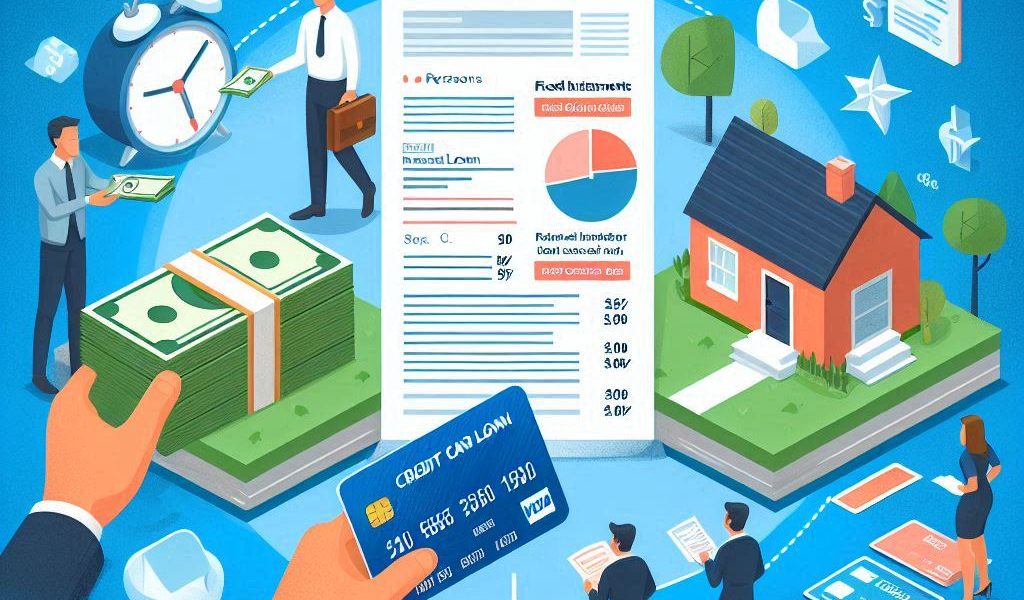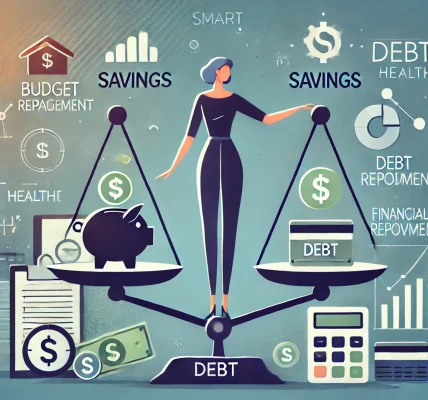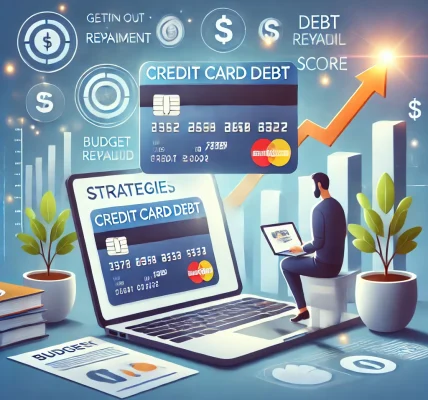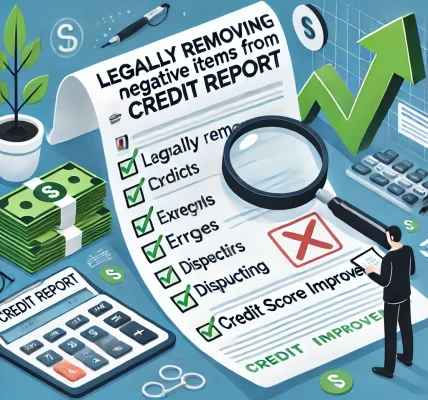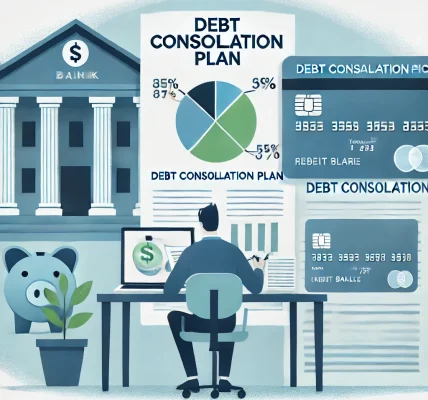When facing a financial crunch, borrowing money can be a practical solution. Two common options are personal loans and credit card loans. While both serve the purpose of providing funds, they differ significantly in terms of interest rates, repayment terms, and overall impact on your financial health. This blog will compare these two borrowing options to help you make an informed decision.
Understanding Personal Loans
A personal loan is a fixed amount of money borrowed from a bank, credit union, or online lender. The borrower repays it in fixed monthly installments over a predetermined period, usually ranging from 12 to 60 months.
Pros of Personal Loans:
- Lower Interest Rates – Compared to credit card loans, personal loans generally have lower interest rates, especially for borrowers with good credit scores.
- Fixed Repayment Schedule – The monthly installment remains the same, making it easier to manage your budget.
- Lump Sum Disbursement – The entire loan amount is provided at once, which is beneficial for large expenses like medical bills, home renovations, or debt consolidation.
- Higher Borrowing Limit – Personal loans often allow you to borrow larger amounts than credit card loans.
Cons of Personal Loans:
- Strict Eligibility Criteria – A strong credit score and stable income are required to qualify for favorable terms.
- Prepayment Penalties – Some lenders charge penalties if you pay off the loan early.
- Longer Processing Time – Compared to credit card loans, approval and disbursement may take a few days.
Understanding Credit Card Loans
A credit card loan allows you to borrow money up to your credit limit, either through direct cash withdrawal (cash advance) or balance transfer. These loans are quick and convenient but often come with higher interest rates.
Pros of Credit Card Loans:
- Instant Access to Funds – The loan is available immediately without a lengthy approval process.
- Flexible Repayment – Minimum payments are required each month, but you have the flexibility to pay more when possible.
- No Collateral Required – Like personal loans, credit card loans are unsecured, meaning you don’t have to pledge any asset.
- Promotional Offers – Some credit cards offer 0% interest on balance transfers or loans for an initial period.
Cons of Credit Card Loans:
- High Interest Rates – Standard interest rates on credit card loans can be significantly higher than personal loans.
- Risk of Debt Spiral – The ease of borrowing can lead to excessive debt accumulation if not managed properly.
- Variable Interest Rates – Some credit card loans come with fluctuating interest rates, making repayment unpredictable.
Key Differences Between Personal Loans and Credit Card Loans
| Feature | Personal Loan | Credit Card Loan |
|---|---|---|
| Interest Rate | Lower | Higher |
| Loan Amount | Higher | Limited to Credit Limit |
| Repayment Term | Fixed Monthly Installments | Flexible Minimum Payments |
| Approval Process | Takes Time | Instant |
| Best For | Large, planned expenses | Short-term emergency funds |
Which One is Better?
- Choose a personal loan if you need a larger amount with lower interest and a structured repayment plan.
- Choose a credit card loan if you need quick, short-term funds and can pay back the balance quickly to avoid high interest charges.
Final Thoughts
Both personal loans and credit card loans have their pros and cons. The best option depends on your financial situation, loan amount requirement, and repayment capability. Always compare interest rates, fees, and repayment terms before making a decision.
Have you ever taken a personal or credit card loan? Share your experiences in the comments below!
